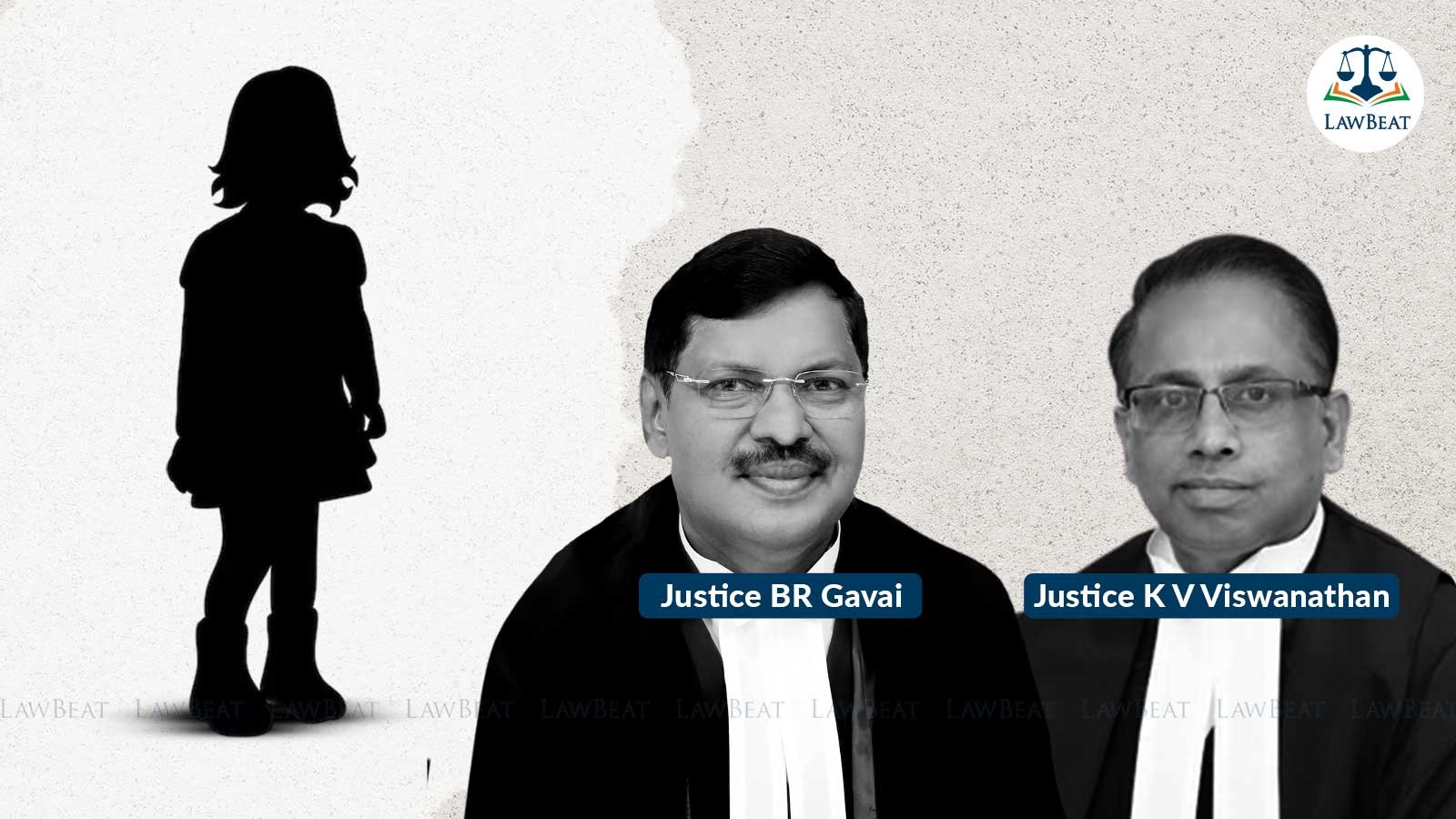Natural Guardian can’t be denied custody of child, temporarily handed over to relatives: Supreme Court

SC directed the sisters in law to hand over the child to the appellant forthwith, keeping in mind the principle about the paramount welfare of the child
The Supreme Court has on August 20, 2024 held that a man, being the natural guardian, cannot be denied custody of his minor child just because he handed the child over to relatives for a few years, after the birth due to death of wife.
A bench of Justices B R Gavai and K V Vishwanathan allowed an appeal filed by Gautam Kumar Das against the Delhi High Court's order which refused his writ petition seeking custody of his minor daughter from his sisters in law, who took care of the child, as his wife died of Covid-19 infection within 10 days of the daughter's birth.
"In our opinion, merely because of the unfortunate circumstances faced by the appellant as a result of which, respondent Nos. 5 and 6 (wife's sisters) were given the temporary custody of the minor child and only because they looked after her for few years, the same cannot be a ground to deny the custody of the minor child to the appellant, who is her only natural guardian," the bench said.
The court directed the sisters in law to hand over the child to the appellant forthwith, keeping in mind the principle about the paramount welfare of the child.
"We find that, apart from the appellant being the natural guardian, even in order to ensure the welfare of the minor child, she should live with her natural family. The minor child is of tender age, and she will get adapted to her natural family very well in a short period," the bench said.
The appellant got married on January 27, 2012. Out of the wedlock, two children- one male child on September 11, 2023 and second child on April 20, 2021 were born.
As his wife died on April 30, 2021, he handed over the custody of his son and daughter to his sister-in-law as a stop gap arrangement since he was undergoing difficult time due to loss of wife and his father.
After some time, the custody of the son was handed over to him. But the custody of the daughter was denied as she was too young.
Thereafter, the sister-in-law kept on refusing to hand over the custody of the daughter and took her to maternal home in West Bengal.
The appellant, meanwhile, married again in order to provide his children care and attention of a female. But still he was denied the custody of the daughter forcing him to file the writ petition.
During the proceedings, the court thought it fit to give proper opportunity to the appellant to win over the love and affection of his minor daughter and accordingly gave visitation rights to him, his second wife and his son.
In his submission, the appellant submitted that being a natural guardian, he cannot be made to run from pillar to post to seek custody of his own child.
The bench noted pursuant to the visitation rights granted by the High Court and this court, the minor child has gelled well with the family and the family of four appears to be happy.
Insofar as the fitness of the appellant was concerned, the bench noted, he is well educated and currently employed as Assistant General Manager in a big corporation in Delhi.
The appellant’s residence is also in Delhi whereas respondent No. 6 to whom the custody of the minor child was handed over to by respondent No. 5 is residing at a remote village in West Bengal, the court recorded.
"Apart from taking care of his children, the appellant can very well provide the best of the education facilities to his children. The child, who lost her mother at tender age, cannot be deprived of the company of her father and natural brother. At the relevant time, the appellant had no other option but to look upon the sisters of his deceased wife to nurture his infant child," the bench said, allowing the man's plea.
In its judgment, the court reiterated that no hard and fast rule can be laid down insofar as the maintainability of the habeas corpus petition in the matters of custody of minor child is concerned. It has been held that as to whether the writ court should exercise its jurisdiction under Article 226 of the Constitution of India or not will depend on the facts and circumstances of each case.
The court set aside the High Court's order but permitted the sisters in law to meet the child for two hours every week.
